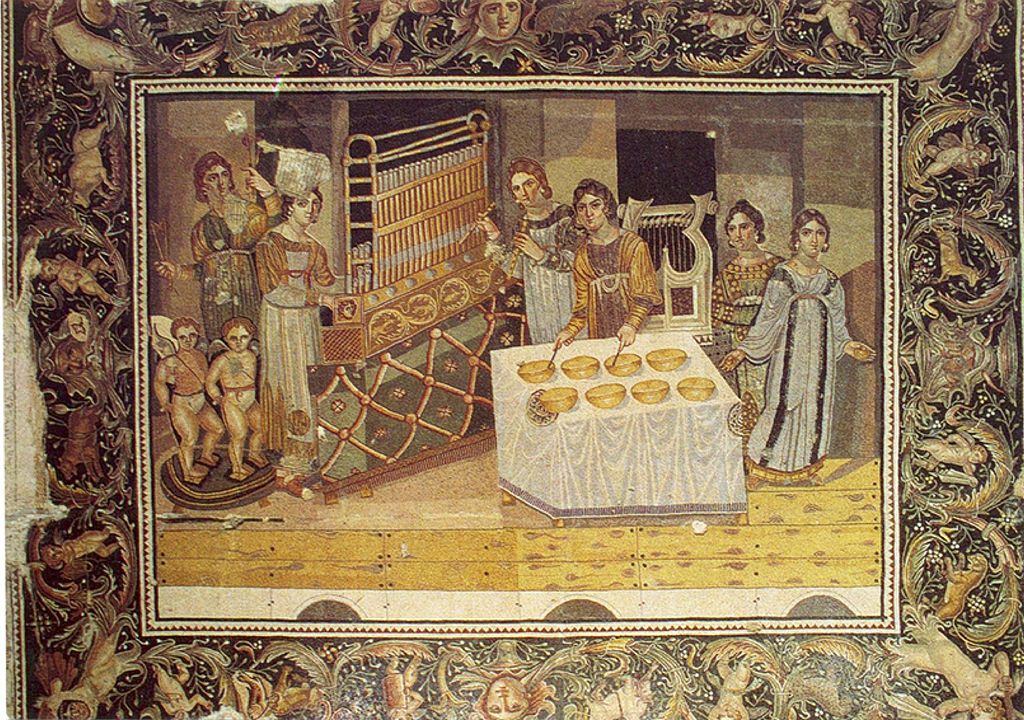Минулого місяця Нью-Йоркський Кардинал Джон О’Коннор подав до загального відома, що Святіший Отець Папа Іван Павло II номінував проф. Тому Бирда «Лицарем Божого Гробу». Церемонію прийняття до цього старинного чину, що його Папа Пасхаль заложив ще 1113 року, виконав Гранд Майстер чину — Кардинал Карло Фурно з Риму, 27 вересня 1997 року, в катедрі св. Патрика, у Нью-Йорку.
Проф. Бирд одержав це високе відзначення за свою екуменічну діяльність. Він є довголітнім членом діялогу між Римо-католицькою та Православними Церквами й дорадником Єпископської Конференції Римо-католицької Церкви у США.
Тома Бирд добре відомий українській громаді на північно-американському континенті. Він був одним із тих нечисленних американців не-українського походження, які, зараз після приїзду св.п. Патріярха Йосифа на Захід, збагнули велич українського Ісповідника Віри і всеціло віддалися його справі — боротьбі за права й привілеї УКЦ. Як професор і знаний академік, Тома Бирд розвинув широку наукову діяльність у ділянці української еклезіології та українознавства. Він почав писати наукові й науково-популярні статті про УКЦ, організовувати конференції, редагувати наукові збірники присвячені церковній проблематиці. Та його діяльність не обмежувалася лише до стисло наукових ділянок. Проф. Бирд неодноразово виступав на різних міжнародних з’їздах та конференціях (наприклад: Гельсінська конференція про мир і безпеку в Европі, що відбулася у Мадриді 1980 року), інформуючи світовий загал про долю УКЦ, яка тоді перебувала в катакомбах. Варто підкреслити, що разом із членами мирянського руху УКЦ, він часто брав активну участь у різних демонстраціях та маніфестаціях.
Тома Бирд уміло поєднує життя і діяльність професора-науковця, з ентузіязмом і відданістю релігійного активіста. У Квінс Коледжі Міського Нью Йоркського Університету, де він служить директором Візантійської програми і професором іноземних мов та літератур, він кілька разів організовував курси української літератури та був довгі роки дорадником Українського Клюбу. Також був організатором або співорганізатором різних конференцій та симпозіюмів на українознавчі теми у Квінс Коледжі та при інших університетах.
В численних американських і канадських видавництвах появлялися його твори з ділянки україністики. Він є теж співпрацівником численних енциклопедій. В престижному довіднику літератури 20-го століття Encyclopedia of Literature in the 20th Century видруковано його статтю про Олеся Гончара, а в Encyclopedic Dictionary of Religion він вмістив огляд про Українську Метрополію у США. Останнім із його більших наукових зусиль є збірник статтей, присвячений творчості Григорія Сковороди, що появився у видавництві КІУС 1995 року п.з. Hryhorij Savych Skovoroda: An Anthology of Critical Articles.
Наукові осяги і талант проф. Тома Бирда гідно оцінив неабихто, а св.п. Патріярх Йосиф, назначивши його надзвичайним професором Українського Католицького Університету в Римі.
Слід теж відмітити, що Тома Бирд є дійсним членом Наукового Товариства ім. Шевченка і членом численних професійних товариств в Америці та Канаді.
Огляди, статті та рецензії проф. Бирда на релігійні й літературні теми друкувалися у таких журналах як Eastern Churches Review, Germano-Slavica, The Journal of Ecumenical Studies, Slavic and East European Review і Патріярхат.
Л.Р.
Редакція журналу «Патріярхат» сердечно ґратулює проф. Бирдови з нагоди піднесення його до гідности Лицаря Божого Гробу й бажає йому подальших успіхів у його науковій та громадській праці.
